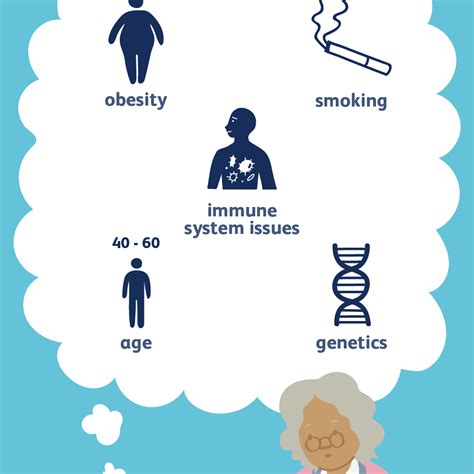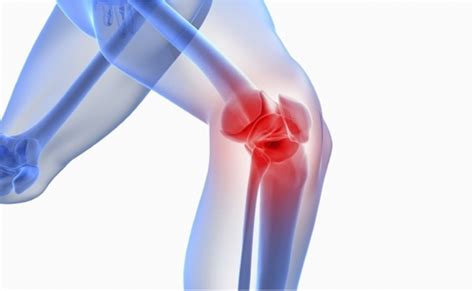Lower back pain, a common ailment, often radiates into the leg when a disc or bone impinges on a nerve as it exits the spinal cord, typically between the 4th and 5th lumbar vertebrae. In individuals aged 30 to 60, a ruptured disc is frequently the cause; in those over 60, spinal stenosis becomes more likely. Interestingly, pain from a slipped disc is more often felt in parts of the body other than the back. A herniated disc in the lower back might cause pain at the site of the rupture, but it more commonly results in pain, weakness, and numbness in the buttocks, legs, or feet.

If the pain does not improve after three to four days, it’s time to see a doctor. To help with lower back pain, depending on its source and severity, a few home remedies can be tried. For instance, those with significant disk disease might experience severe pain in the lower back. If a disk compresses a nerve, the pain may spread down one leg, worsening during bending or twisting. In cases of spinal stenosis, pain, numbness, and weakness affect the back and legs, with symptoms intensifying while standing or walking.
When symptoms like lower back pain occur, they are often due to a lumbar disc herniation. This condition, if it causes impingement of a nerve, such as one of the nerves that form the sciatic nerve, may also lead to pain radiating down into the leg via the sciatic nerve, a condition known as sciatica. As people age, low back pain from disc disease or spinal degeneration becomes more likely. In older individuals, conditions such as abdominal aneurysm or multiple myeloma are also considered.
For more detailed information on when to seek help for low back pain, visit Harvard Health. To learn about slipped discs, visit Hospital for Special Surgery. For home remedies for low back pain, check out Harvard Health. Additional information on back pain can be found at Harvard Health. For FAQs on disc herniations in the lumbar spine, visit Hospital for Special Surgery, and for an in-depth overview of low back pain, visit Hospital for Special Surgery.


